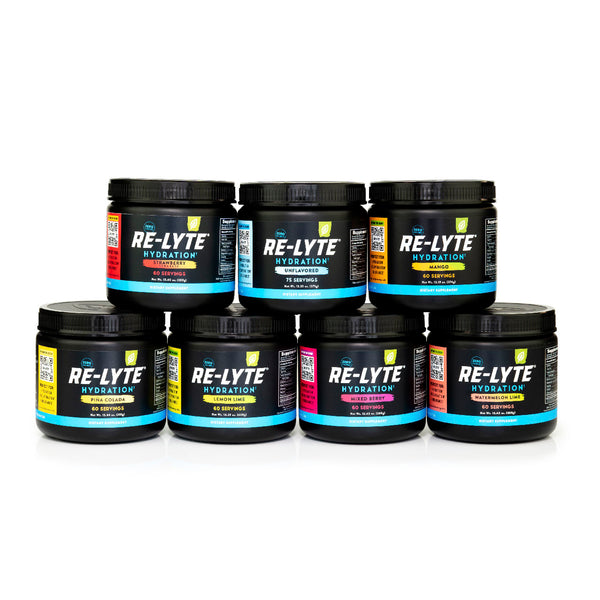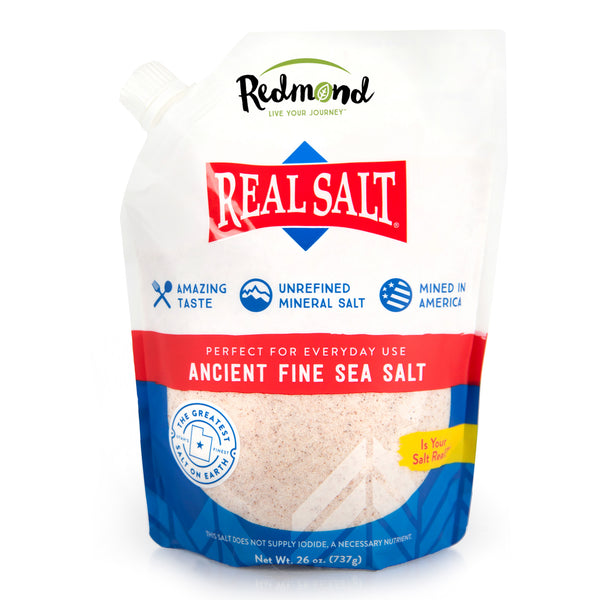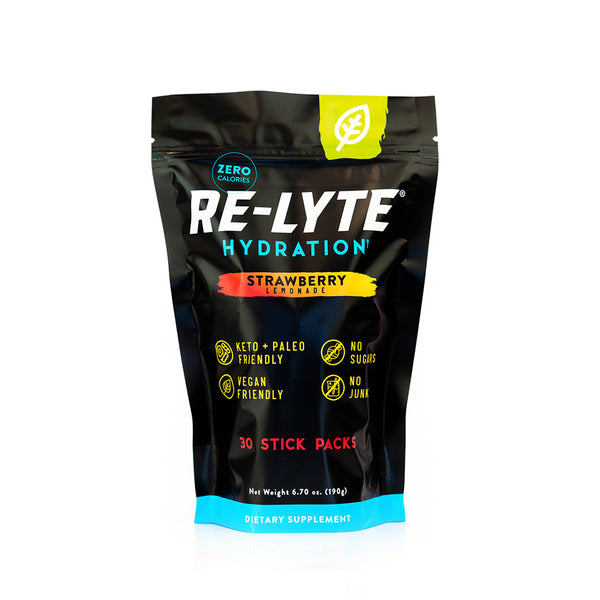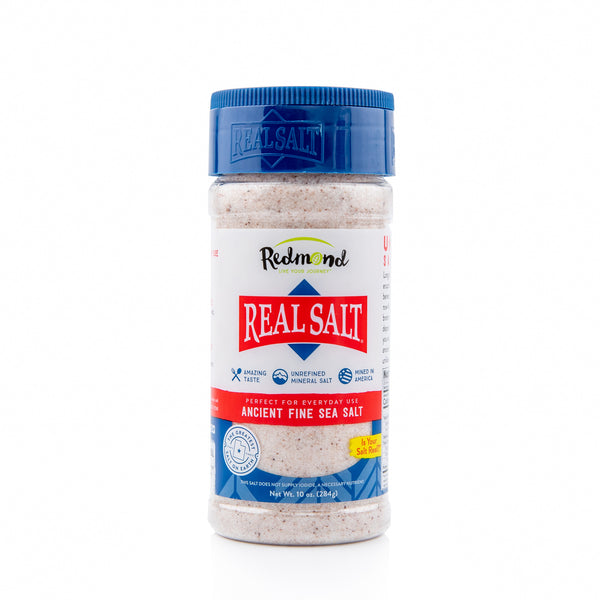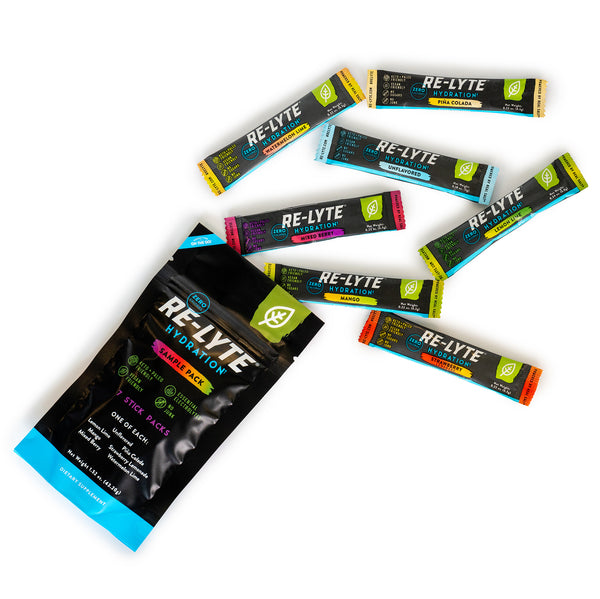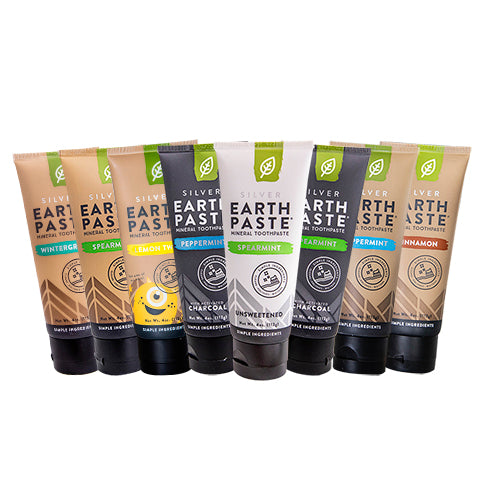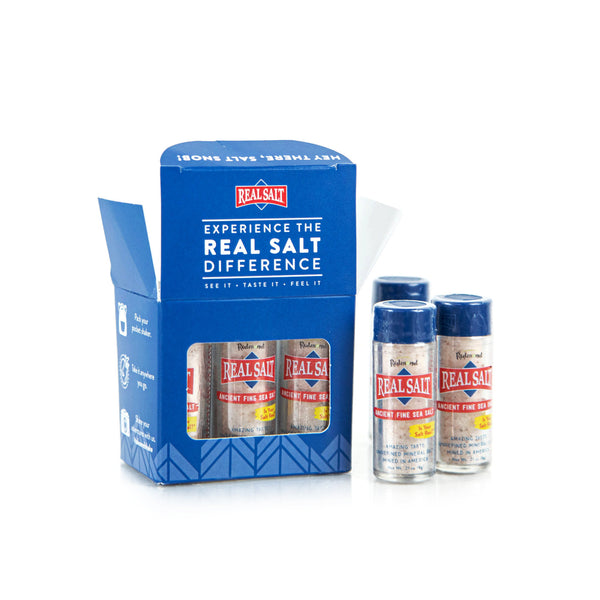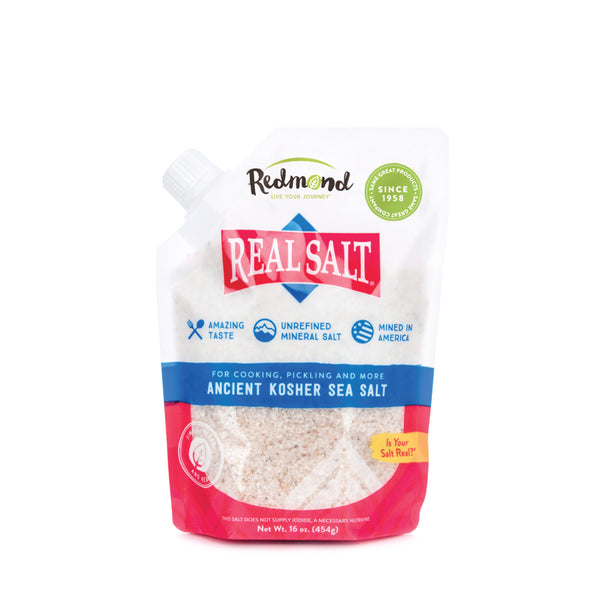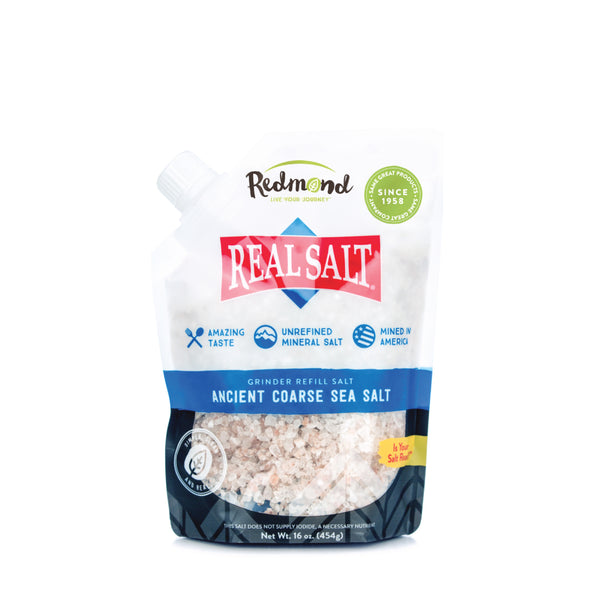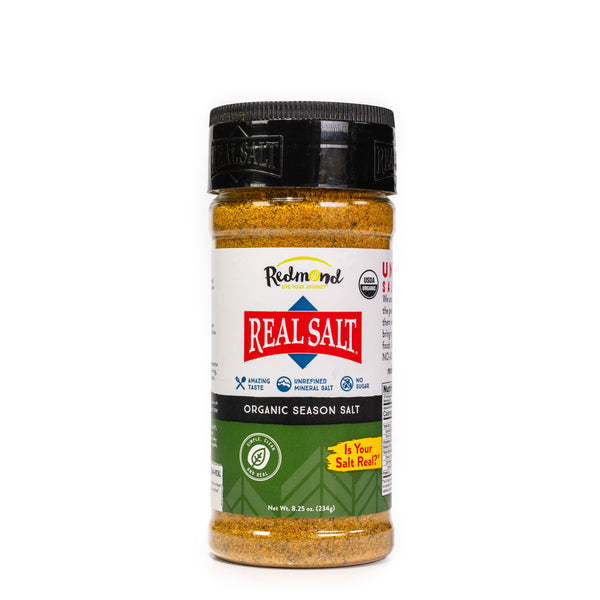Does Salt Cause Kidney Stones?
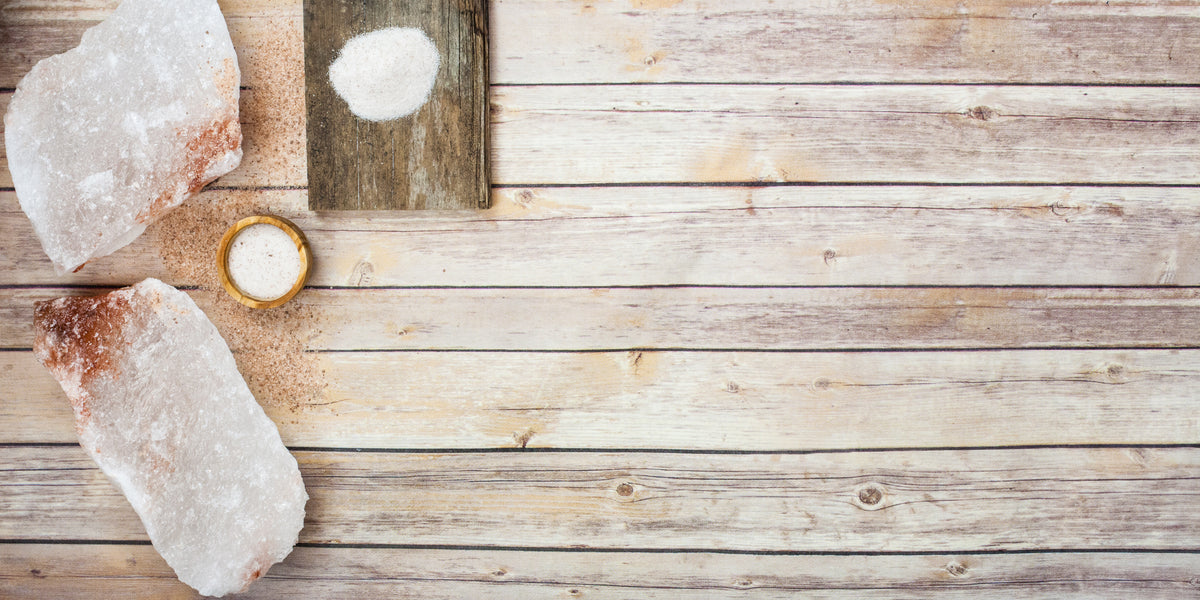
Article at a Glance:
- There’s evidence that a low-salt diet could be harder on your kidneys than a diet that includes plenty of healthy, natural salt.
- Healthy, well-functioning kidneys can easily filter a large quantity of sodium per day, but use a lot of energy to conserve sodium when they’re not getting enough.
- When you have more sodium in your urine, it may compete with calcium to bind to substances like oxalate and phosphorus and reduce the risk of calcium oxalate and calcium phosphate kidney stones.
- Salt stimulates thirst and increases fluid intake, which could help keep kidney stones from forming.
- Cutting sugar may be a more effective way to fend off kidney stones.
Prone to kidney stones? If you are, then you’ve probably been told to lay off the salt by everyone from your doctor to your well-meaning (and extremely nosy) neighbor. But the connection between salt and kidney stones may not be as straightforward as it seems.
Salt’s been portrayed as an enemy of your kidneys for a long, long time. In the U.S., a lot of that can be traced back to the physician Frederick M. Allen. In the 1920s, Allen hypothesized that salt irritated and overworked the kidneys.
His hypothesis didn’t have much proof behind it, and it fell to the wayside for over a decade. But eventually, diabetes researcher Walter Kempner found it and began promoting it himself in the late 1930s. This time, it stuck around. And as you’ve probably noticed, the “salt is bad for your kidneys” paradigm is still going in full force.
But despite the dominant mindset on the subject of salt and kidney health, there is evidence that a low-salt diet could be harder on your kidneys (and may even be more responsible for those painful stones) than a diet that includes plenty of healthy, natural salt.
What Salt Really Does to Your Kidneys
Before we dive into the connection between salt and kidney stones, let’s talk a bit about how your kidneys respond to salt.
Even though sodium has a bad boy reputation in the dietary world, your body needs plenty of it to balance fluid levels, keep your nerves and muscles functioning properly, manage blood pressure, and control blood volume. In other words? Having the right amount of sodium in your body is essential to your health.
Your kidneys play an important role in regulating your body’s sodium supply. Receptors in your body tell your brain how much sodium you have. And the brain sends a message to your kidneys to either retain or excrete sodium depending on your current sodium status.
Now, healthy, well-functioning kidneys aren’t stressed by having to filter a little (or a lot) of sodium. In fact, research shows that your kidneys have no problem filtering between 1.28 and 1.44 pounds of sodium per day. That’s way, way more than the 2,300 mg that’s generally recommended per day.
Not getting enough salt, on the other hand, does create some problems for your kidneys. When there’s not enough sodium to go around, your kidneys go into conservation mode. They start reabsorbing the sodium they filter just to make sure the body has enough. Research shows this causes them to use up lots of ATP (the energy that fuels our cells).
The take-home message? Consuming less salt could be more taxing on your kidneys than consuming more salt.
What About Salt and Kidney Stones?
When it comes to salt and kidney stones, there are a few important facts to get straight. First, there are various types of kidney stones with various causes. Different types will require different solutions. Here are the four main types of kidney stones:
- Calcium oxalate stones
- Calcium phosphate stones
- Uric acid stones
- Struvite stones
The only ones with a suspected connection to salt are calcium oxalate stones and calcium phosphate stones. The theory is that salt causes more calcium to accumulate in your urine, which increases the odds of developing these calcium-based stones. And that theory isn’t wrong….at least in part.
According to cardiovascular research scientist and author of The Salt Fix Dr. James DiNicolantonio, salt can increase your body’s output of calcium. But that’s most likely because it improves your body’s absorption of calcium.
If you’re absorbing more calcium, you may have more calcium in your urine. But if you’re getting plenty of salt, you’ll also have more sodium in your urine. The sodium will compete with the calcium to bind with oxalate or phosphorus. That means less calcium should bind with oxalate or phosphorus to form those calcium oxalate or calcium phosphate kidney stones. So technically, getting more sodium could potentially lower the odds of developing calcium-based stones.
DiNicolantonio says that salt helps reduce the risk of kidney stones in one other important way too— by helping you drink more.
One of the biggest risk factors for kidney stones is a low intake of fluid. Your body uses urine to clear wastes from your body. When you don’t drink enough water, you don’t create enough urine to clear the minerals and other substances that can accumulate in your kidneys and cause stones.
Getting enough salt is an extremely effective way to increase your overall fluid intake. Your body has developed finely tuned mechanisms to keep sodium and fluid intake in balance. So when you consume salt, it naturally stimulates thirst and inspires you to consume enough water.
What Should You Do About Your Kidney Stones?
We have one suggestion that could help if you’re prone to stones. Cut down on the other white crystal—sugar.
Consuming a diet that’s high in sugar causes your body to produce a lot of insulin. Insulin can raise levels of calcium in your urine by pulling it from your bone, putting you at risk for those calcium-based stones. Eating sugar can also cause your urine volume to go down. And less urine means a higher risk for kidney stones. (Luckily, salt could help you kick sugar cravings to the curb too).
Of course, if you have a chronic problem with kidney stones, it’s always a good idea to partner with an open-minded healthcare professional that you respect and trust before making any major changes to your diet.
But we also recommend doing your own research (beyond the first page of your Google search results), so you can bring great questions and a well-informed perspective to the table at your next appointment. If you’d like to learn more about the connection between salt, minerals, and kidney health, we recommend reading The Salt Fix and The Mineral Fix by Dr. James DiNicolantonio.
Sources:
The Salt Fix— Dr. James DiNicolantonio.
The Diet and Hypertension— Medicine.
Sodium Chloride Restriction in Hypertensive Vascular Disease— Medical Clinics of North America.
Hypothalamic integration of body fluid regulation— Proceedings of the National Academy of Sciences of the United States of America.
Salt and blood pressure--centenarian bone of contention— Lakartidningen.
Four myths about kidney stones— University of Wisconsin Health.
Sugar: The End of Our Love Affair— The University of Chicago.
Fructose increases risk for kidney stones: potential role in metabolic syndrome and heat stress— BMC Nephrology.
